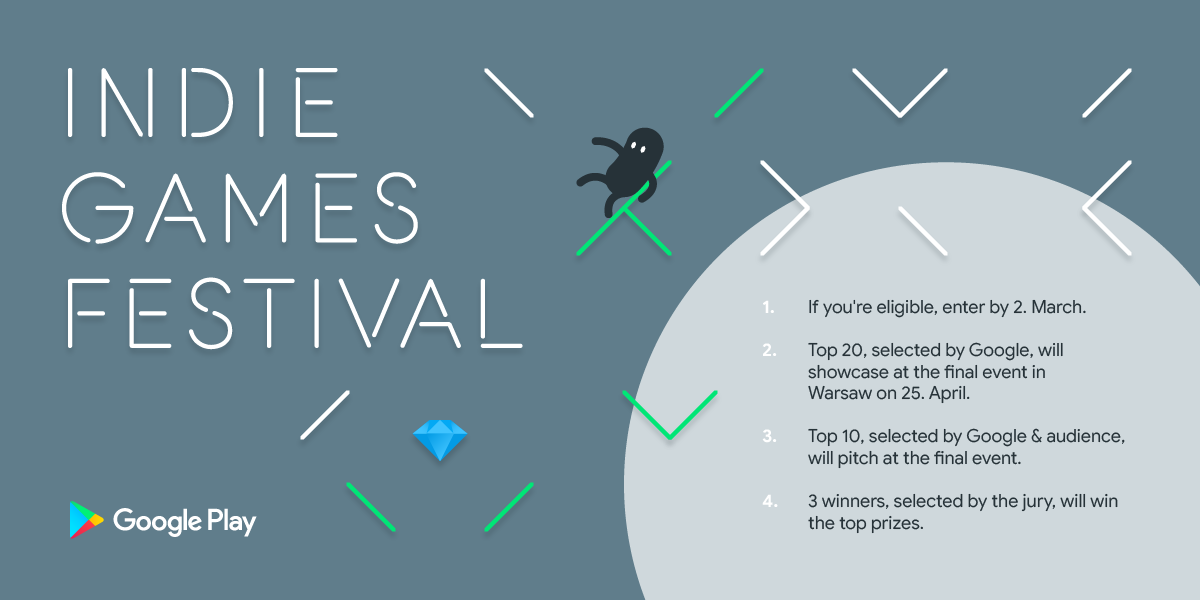Posted by Krish Vitaldevara, Director of Product Management Trust & Safety, Google Play
Last year, we made several changes to our platform and policies to increase user trust and safety. We’re proud of the work we’ve done to improve family safety, limit use of sensitive permissions, and catch bad actors before they ever reach the Play Store.
We realize that changes can lead to work for developers. Last year, you told us that you wanted more detailed communications about impactful updates, why we’re making them, and how to take action. You also asked for as much time as possible to make any changes required.
With that feedback in mind, today, we’re previewing Android and Google Play policy changes that will impact how developers access location in the background.
Giving users more control over their location data
Users consistently tell us that they want more control over their location data and that we should take every precaution to prevent misuse. Since the beginning of Android, users have needed to grant explicit permission to any app that wants access to their location data.
In Android 10, people were given additional control to only grant access when the app is in use, which makes location access more intentional. Users clearly appreciated this option as over half of users select “While app is in use.”
Now in Android 11, we’re giving users even more control with the ability to grant a temporary “one-time” permission to sensitive data like location. When users select this option, apps can only access the data until the user moves away from the app, and they must then request permission again for the next access. Please visit the Android 11 developer preview to learn more.
Preventing unnecessary access to background location
Users tell us they also want more protection on earlier versions of Android - as well as more transparency around how apps use this data.
As we took a closer look at background location usage, we found that many of the apps that requested background location didn’t actually need it. In fact, many of these apps could provide the same user experience by only accessing location when the app is visible to the user. We want to make it easier for users to choose when to share their location and they shouldn't be asked for a permission that the app doesn't need.
Later this year, we will be updating Google Play policy to require that developers get approval if they want to access location data in the background. Factors that will be looked at include:
- Does the feature deliver clear value to the user?
- Would users expect the app to access their location in the background?
- Is the feature important to the primary purpose of the app?
- Can you deliver the same experience without accessing location in the background?
All apps will be evaluated against the same factors, including apps made by Google, and all submissions will be reviewed by people on our team. Let’s take a look at three examples:
An app that sends emergency or safety alerts as part of its core functionality - and clearly communicates why access is needed to the user - would have a strong case to request background location.
A social networking app that allows users to elect to continuously share their location with friends would also have a strong case to access location in the background.
An app with a store locator feature would work just fine by only accessing location when the app is visible to the user. In this scenario, the app would not have a strong case to request background location under the new policy.
When we spoke to developers for feedback, the vast majority understood user concerns over their information falling into the wrong hands and were willing to change their location usage to be safer and more transparent.
Getting approval for background access
We know that when we update our policies, you want to get actionable feedback and have ample time to make changes. Before we implement this policy change, you will be able to submit your use case via the Play Console and receive feedback on whether it will be allowed under the new policy.
We anticipate the following timeline for this policy rollout; however, it is subject to change.
- April: official Google Play policy update with background location
- May: developers can request feedback on their use case via the Play Console with an estimated reply time of 2 weeks, depending on volume
- August 3rd: all new apps submitted to Google Play that access background location will need to be approved
- November 2nd: all existing apps that request background location will need to be approved or will be removed from Google Play
Review and evaluate your location access
We encourage all developers to review the following best practices for accessing location data in their apps:
- Review the background location access checklist to identify any potential access in your code. Remember you are also responsible for ensuring all third party SDKs or libraries that you use comply with our policies, including access to background location.
- Minimize your use of location by using the minimum scope necessary to provide a feature (i.e., coarse instead of fine, foreground instead of background).
- Review privacy best practices and ensure you have the proper disclosure and privacy policies in place.
We hope you found this policy preview useful in planning your roadmap for the year and we appreciate your efforts to build privacy-friendly apps. Together, we can keep the Android ecosystem safe and secure for everyone.



